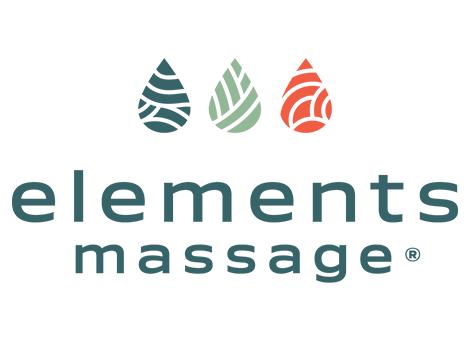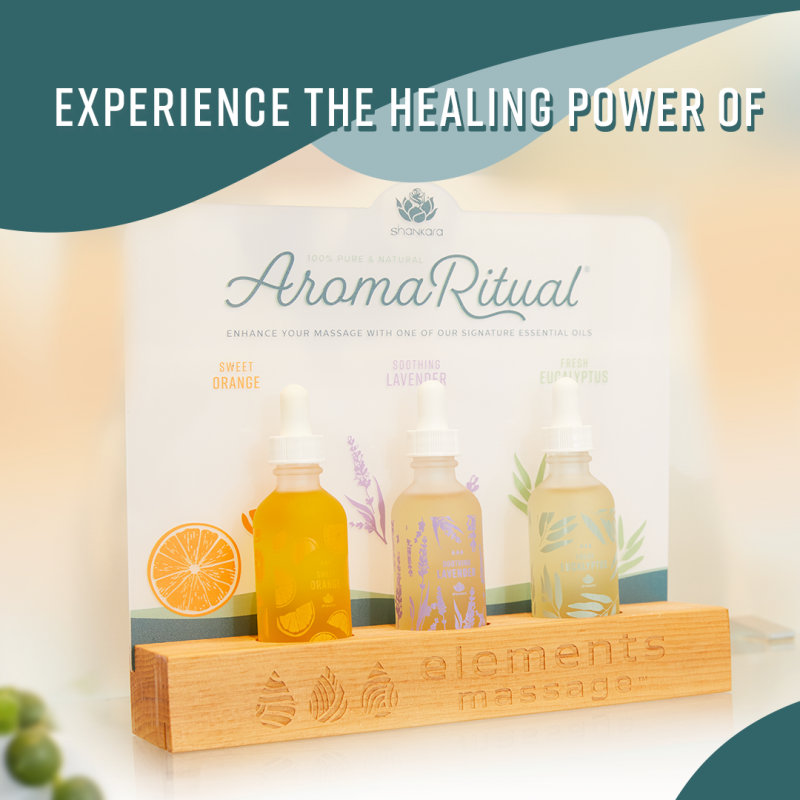Aromatherapy is a holistic healing practice that uses the natural aromas or fragrances of essential oils extracted from plants to promote physical, emotional, and mental well-being. It is often used as a complementary therapy alongside traditional medicine to enhance relaxation, reduce stress, and improve various aspects of health.
Key elements of aromatherapy include:
-
Essential Oils: These are highly concentrated extracts obtained from various parts of plants, such as leaves, flowers, stems, bark, or roots. Each essential oil has a unique aroma and is believed to have specific therapeutic properties.
-
Inhalation: Aromatherapy often involves inhaling the aroma of essential oils through methods like diffusers, steam inhalation, or adding a few drops to a bowl of hot water.
-
Topical Application: Essential oils can be diluted with carrier oils (such as jojoba, almond, or coconut oil) and applied to the skin through massage or as part of skincare products. This allows the oils to be absorbed into the bloodstream.
-
Massage: Aromatherapy massage combines the benefits of massage therapy with the inhalation and absorption of essential oils. The therapist selects specific oils based on the individual's needs and preferences.
-
Bathing: Adding a few drops of essential oil to a warm bath can create a soothing and therapeutic experience.
-
Aromatherapy Products: A wide range of aromatherapy products, including candles, lotions, soaps, and bath salts, are infused with essential oils to provide aromatherapeutic benefits.
Aromatherapy is believed to have various potential benefits, including:
-
Stress Reduction: Certain essential oils, like lavender and chamomile, are known for their calming and stress-relieving properties.
-
Improved Sleep: Aromatherapy can promote relaxation and help with insomnia or sleep disturbances.
-
Pain Relief: Some essential oils have analgesic properties and may help alleviate muscle aches and pains.
-
Mood Enhancement: Aromatherapy can influence mood, with oils like citrus or peppermint providing an energy boost, while others like rose or ylang-ylang promote feelings of joy and relaxation.
-
Enhanced Well-being: Many people use aromatherapy to support overall well-being and address common health concerns.
It's important to note that while aromatherapy can offer various benefits, it should not be considered a substitute for medical treatment when needed. If you have specific health concerns or are pregnant, consult with a qualified aromatherapist or healthcare professional before using essential oils for aromatherapy. Additionally, it's essential to use high-quality, pure essential oils and follow recommended guidelines for safe use.


